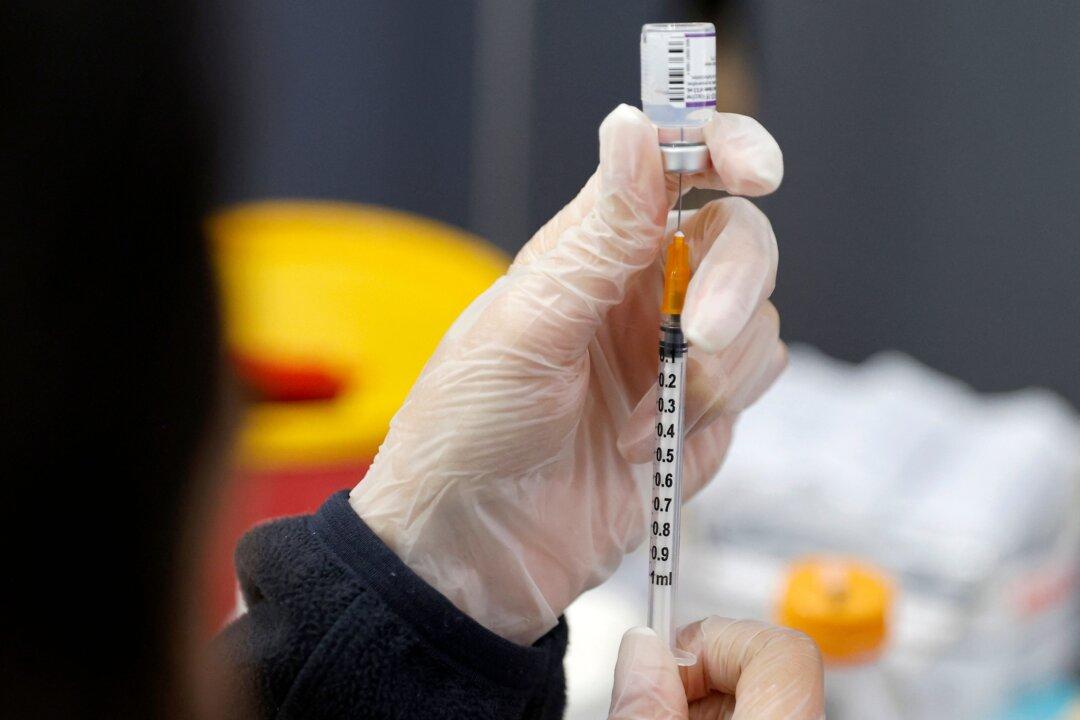The European Union’s drug regulator on Friday said it is recommending adding “heavy menstrual bleeding” as a side effect to both Pfizer’s and Moderna’s COVID-19 vaccines, according to an advisory panel meeting.
The European Medicines Agency’s (EMA) safety committee said that “heavy menstrual bleeding should be added to the product information as a side effect of unknown frequency of the mRNA COVID-19 vaccines Comirnaty and Spikevax,” referring to the Pfizer and Moderna shots.





